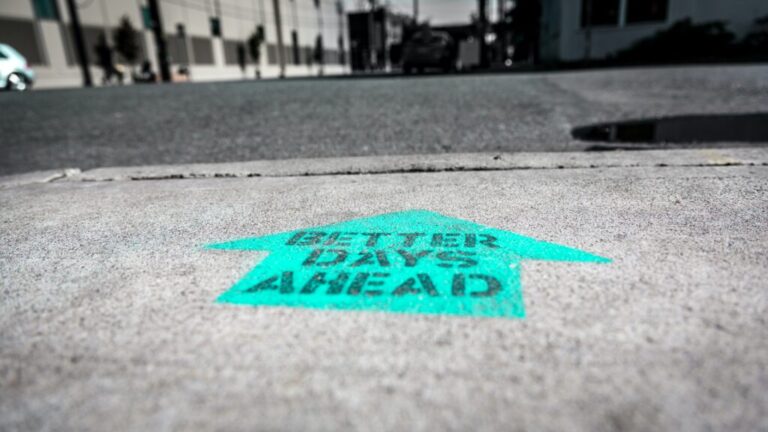If you fail to plan, you plan to fail. This quote is attributed to Benjamin Franklin (but then, so many are!) And it might seem a little harsh on first glance, but once you take to heart what it is saying, it’s easier to let the concept wash over you. When you make a plan for an event, even a sketchy plan in your mind, you are giving yourself a sense of power over what happens — and while not everything will go as planned, for sure, some things will, and having that plan in place can help them go even smoother. If, on the other hand, you simply don’t plan at all and leave everything to chance, you may be seen as walking into a situation blindfolded. Some people are better at thinking on their feet than others, but that’s still no excuse for not having a good plan ahead of time!

Planning ahead can be about this afternoon, or it can be about next week, or even next year. Some people have a 5 year and 10 year plan. Some people plan for retirement. Some people plan their funeral long before they get there. Planning ahead can take many shapes and forms. The important piece is TO ACTUALLY DO IT!
When you make decisions and take action to create the future you want to see for yourself, you are taking your own life into your power. Yes, they say “expect the unexpected” (or rather, Heraclitus famously said “If you do not expect the unexpected, you will not find it, for it is not to be reached by search or trail.”) and having some game change plans in your back pocket is ALSO a form of planning ahead. But planning for things to go in a certain direction is where you will find the most success.
When you have a sense of purpose in your life, you’ll want to make plans to get to that ultimate outcome. Having something to aim for and look forward to is part of what makes living life enjoyable. Always feeling like things are coming at you fast and not knowing what to do with them can leave one feeling out of control and afraid — this can even lead to depression and other clinical issues (more on that later).
When you plan ahead you give yourself options. Thinking about how a situation or event will play out and all the different ways you can foresee, you give yourself the opportunity to have pre-set responses to many different outcomes. This gives you a leg-up over others who don’t see the value in planning ahead.
Some methods:
1) Visualization. The simplest way to plan head is to set aside some time before an event or situation and think about the various ways that event could go. In this case, an event or situation might be happening later today, later this week, or later in your life — it can be as small as going on a coffee date, as big as going on a work retreat, or momentous as a wedding or the arrival of a new member of the family.
2) Flowcharts, spreadsheets, brainstorming. These are all visual aids you can use to plan ahead. Plot the data from the past and use it to predict possible outcomes. Using what you’ve already done to plan for what might happen next is a really wise way to plan ahead. If you are already good with tools like these, putting them into practice will be seamless. If you are new to them, try a few out and see what works. And if you can’t get your head around any of them, that’s okay!
3) Lists. I’ve written a whole blog on the power of lists and I really can’t overstate it enough. These are my go-to for most situations. What do I need to bring with me to be prepared. What to I need to pick-up to complete the list. Who will be there. What are possible outcomes. What do I need to feel safe and supported in any situation. Who can I turn to for advice and what do I need to ask them. Lists for all of these or a few of these or for other reasons. Lists for lists! Try it out today.
4) Calendars. Scheduling is a form of planning ahead. Can you imagine what it would be like to start each new day without a clue what is happening that day, or knowing where your energy is best applied? Or being able to conserve it for a bigger event later in the week? I know people who don’t use calendars and are frequently found using phrases like “Remind me …” and “I’ve forgotten… “ or “Tell me again…” Again, planning into the week ahead or the month ahead, or the quarter or year or longer — these are ways to take control over your day. Knowing that surprises or accidents can upset schedules and having a plan for those occurrences is also a good practice.
5) Emergency planning. We do this. We keep a spare tire in the trunk of our car. We keep a tampon in our purse. We give emergency contacts everywhere we’re expected to be for a long time and might by the slimmest chance become incapacitated. I’ll bet the first person you’d call if you were in an unexpected upsetting situation is someone who is good with planning ahead! Again, thinking on your feet or being able to roll with the situation are good skill sets to have in a crisis. But someone who has planned for possible outcomes will likely have the tools they need in the moment — I live in Canada, they recommend in the winter that you keep in your car things like extra warm clothing, some granola bars or other food options, a tea light candle (which can surprisingly put off some good heat!) and a well-charged cellphone. Why? Because you never know when you’ll be stuck in a ditch for hours waiting for emergency vehicles to make their way to you.
And remember — you’re not on your own. There’s this great invention out there, the internet, with a whole searchable database! Use it to your advantage — how to plan ahead, how to use a spreadsheet, what do to in an emergency. Whatever your questions may be, getting the practice in now rather than in the heat of the moment will be the planning ahead you really needed.
It just makes sense to plan for a wedding, to plan for retirement, to plan your outfit for the next day. These are powerful ways to take control over your world. Use that power in all walks of your life and you’ll find yourself feeling more at ease in all you do.
